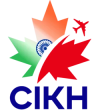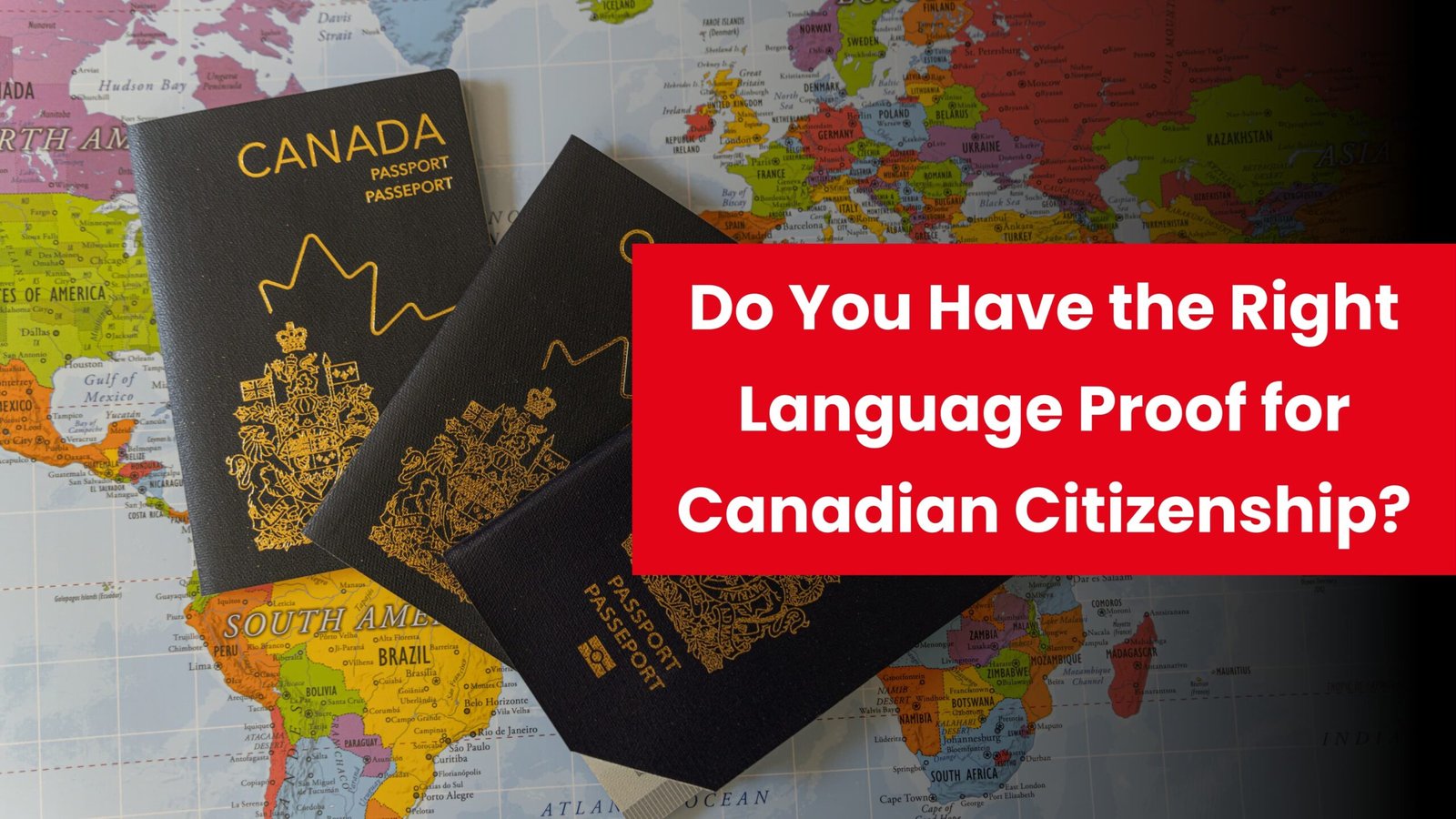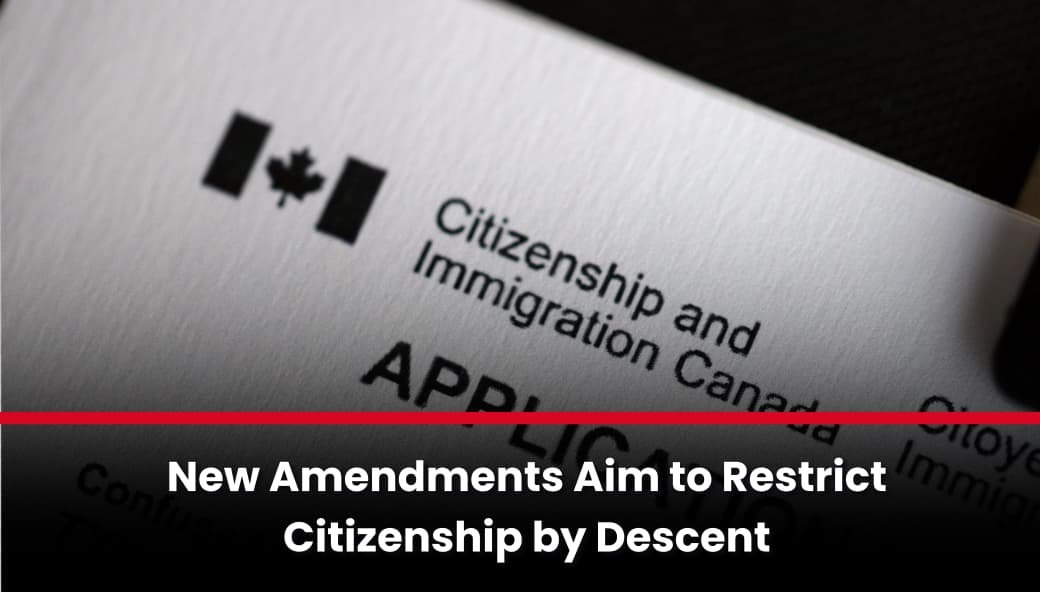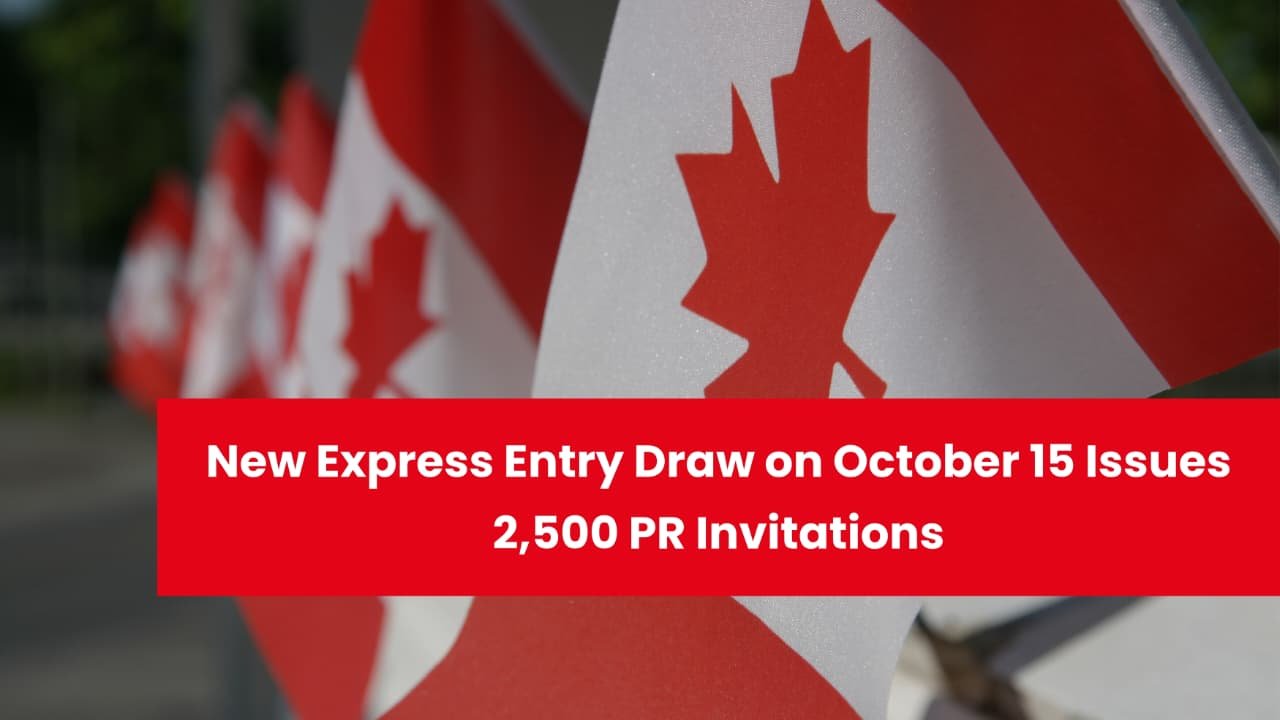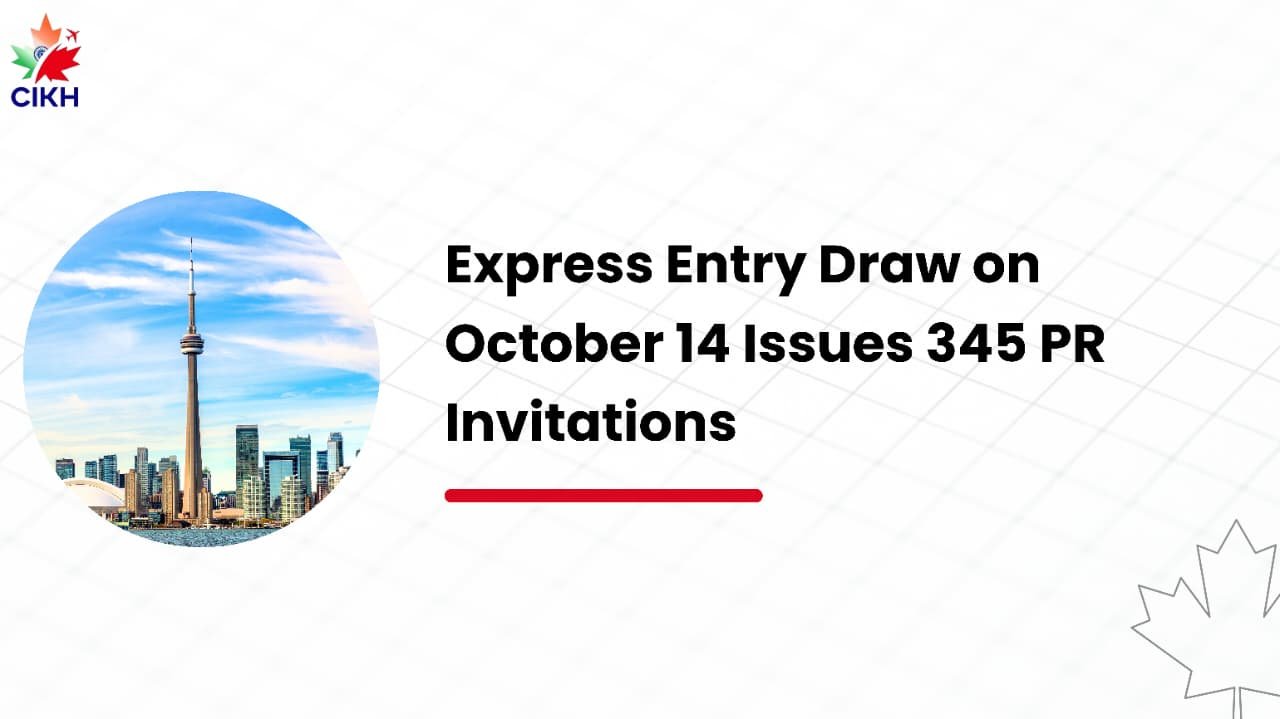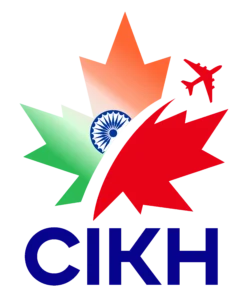Are you between 18 and 54 years old and applying for Canadian citizenship? Then providing language proficiency proof is a mandatory requirement. You must demonstrate that you can speak and listen at Canadian Language Benchmarks (CLB) Level 4 or higher in English or French.
But how do you know if your documents meet the requirement?
Why Language Proof Matters for Canadian Citizenship
Language ability is one of the core eligibility requirements for becoming a Canadian citizen. It helps the government assess your ability to integrate into Canadian society, communicate effectively, and contribute actively to your community.
Book Your Consultation for Canadian Immigration
What Documents Are Accepted as Language Proof?
To avoid application delays or rejection, you must include valid and readable language documents. Submitting:
- Unreadable files
- No language proof at all
- Foreign language documents without certified translation
…can lead to your entire application being returned.
Step 1: Did You Study in English or French?
You may already have acceptable proof if you completed secondary or post-secondary education in English or French — inside or outside Canada.
Accepted Education Documents:
- Diploma
- Transcript
- Certificate of Completion
Important: Your documents must clearly show the language of instruction was English or French. If not, submit a certified English or French translation specifying the instruction language.
What If You Didn’t Study in English or French?
No problem. There are other ways to prove language proficiency for Canadian citizenship:
- Approved language test results (e.g., IELTS, CELPIP, TEF)
- Government-funded language program certificates
- CLB Level 4+ documentation from previous immigration applications
Step 2: Do You Have a Valid Language Test Result?
If you haven’t studied in English or French, you can meet the citizenship requirement by submitting an approved test score showing CLB Level 4 or higher in listening and speaking.
Accepted English Language Tests
1. CELPIP – General
- Before Mar 31, 2014: Score 2H or higher (Listening/Speaking)
- After Apr 1, 2014: Score 4 or higher
2. IELTS – General Training
- Before Nov 27, 2008: Score 4.0 or higher
- After Nov 28, 2008:
- Listening: 4.5 or higher
- Speaking: 4.0 or higher
- Listening: 4.5 or higher
Note: IELTS Academic is NOT accepted.
3. PTE Core
- Listening: 28 or higher
- Speaking: 29 or higher
Accepted French Language Tests
1. TEF (Test d’évaluation de français)
- Before July 1, 2012: Level 3 or higher (A2, B1, B2)
- After July 1, 2012: Level B1 or higher (B1, B2, C1, C2)
2. TEFAQ
- Same levels and dates as TEF
3. DALF (Diplôme approfondi de langue française)
- All DALF results are accepted
4. DELF (Diplôme d’études en langue française)
- Minimum: B1 or higher (B1, B2, C1, C2)
5. TCF / TCFQ (Test de connaissance du français / pour le Québec)
- Minimum level: B1
Step 3: Did You Complete LINC or CLIC Language Training?
If you completed Language Instruction for Newcomers to Canada (LINC) or Cours de langue pour les immigrants au Canada (CLIC), you might already meet the language requirement for citizenship — if your CLB level was 4 or higher in speaking and listening.
Here’s how to submit it based on when you completed the training:
- Training on or after November 1, 2012:
Submit a copy of your certificate with your application. - Training between January 2008 and October 2012:
You do not need to submit a certificate. Just mark the appropriate box on your application, and IRCC will verify your training electronically.
This is a widely accepted and recognized language proof by IRCC, especially for permanent residents who completed government-funded language programs in Canada.
Step 4: Did You Complete a Provincial Language Program?
If you completed a provincial language training program in British Columbia, Saskatchewan, Manitoba, Nova Scotia, Ontario, or Quebec, your certificate might be accepted as valid language proof for Canadian citizenship. The required documentation depends on the province and the program.
British Columbia
If you completed English Language Services for Adults (ELSA):
- After 2010: Submit a copy of your ELSA report card or certificate showing CLB Level 4 or higher.
- Between 2008 and 2010: Submit a copy of your ELSA certificate that clearly indicates CLB Level 4 or higher.
Note: Only results from ELSA are accepted. Other language courses from different providers are not eligible.
Saskatchewan
If you completed the Canadian Language Benchmarks Placement Test (CLBPT) Level 4 or above:
- Submit a Statement of Student Language Proficiency from the Ministry of Education.
- You must also have completed a course in English as an Additional Language (EAL).
Manitoba
Provide a copy of the Manitoba Canadian Language Benchmark Report from an Adult English as an Additional Language (EAL) program funded by the Manitoba government.
- Your documentation must show CLB/NCLC Level 4 or higher in speaking and listening.
Nova Scotia
Submit a copy of the Proficiency in English in Nova Scotia (PENS) learner certificate.
- It must show that your speaking and listening levels are CLB 4 or higher.
Ontario
Submit a certificate from one of the following Adult Non-Credit Language Training Programs:
- English as a Second Language (ESL) / Anglais Langue Seconde (ALS)
- French as a Second Language (FSL) / Français Langue Seconde (FLS)
- Citizenship and Language Improvement for Newcomers (CLIN)
- Language Instruction for Newcomers to Canada (LINC)
Note: Certificates must:
- Be dated December 2013 or later
- Show that you have achieved CLB 4 or higher in speaking and listening
Quebec
Submit a copy of your results from one of the following:
- Ministère de l’Immigration, de la Francisation et de l’Intégration (MIFI):
- If issued between January 1, 2011, and October 16, 2012, your attestation de résultats must show:
- “Établi selon les résultats obtenus à l’épreuve orale de français”
- Level 4 or higher in speaking and listening
- “Établi selon les résultats obtenus à l’épreuve orale de français”
- If issued between January 1, 2011, and October 16, 2012, your attestation de résultats must show:
- Ministère de l’Éducation et de l’Enseignement supérieur du Québec:
- Provide a certificat de résultats from:
- Français langue seconde – Niveau 5 (High school level)
- Français langue seconde – Niveau intermédiaire (Adult education level)
- Français langue seconde – Niveau 5 (High school level)
- Results must indicate CLB/NCLC Level 4 or higher
- Provide a certificat de résultats from:
- Ministère de l’Immigration et des Communautés culturelles (MICC):
- Certificates from MICC are also accepted if they show CLB/NCLC Level 4 or higher.
Step 5: Do You Still Need to Provide Language Proof?
Based on your answers to the previous steps, you may still need to get language proof to submit with your Canadian citizenship application.
If you believe you can speak and understand English or French well enough for citizenship, the best option is to take an approved language test.
Accepted Language Tests and Required Scores
The Canadian government accepts results from the following language tests. You must meet or exceed the Canadian Language Benchmarks (CLB) Level 4 in both speaking and listening.
Accepted English Language Tests
| Test | Minimum Score (CLB 4+) |
| CELPIP – General Test (CELPIP-G) or General LS Test (CELPIP-G LS) | Score of 4 or higher (up to 12) in listening and speaking |
| IELTS – General Training | Speaking: 4.0 or higherListening: 4.5 or higher |
| Pearson Test of English (PTE Core) | Speaking: 42 or higherListening: 28 or higher |
Accepted French Language Tests
| Test | Minimum Score (CLB/NCLC 4+) |
| TEF (Test d’évaluation de français) | B1 or higher (B2, C1, C2 also accepted) |
| TEFAQ (Test d’évaluation du français adapté au Québec) | B1 or higher in listening and speaking |
| TCF (Test de connaissance du français) | B1 or higher |
| TCFQ (Test de connaissance du français pour le Québec) | B1 or higher |
| TEF IRN (Test d’évaluation de français pour l’intégration, la résidence et la nationalité) | B1 or higher (this was previously known as TEF pour naturalisation) |
| DALF (Diplôme approfondi de langue française) | All levels accepted |
| DELF (Diplôme d’études en langue française) | B1 or higher |
Can’t Meet the Required Score? Get Free Language Training
If your test results don’t meet the required scores, or you want to improve your skills before applying, consider taking language training.
Free Language Training Options:
- The Canadian government offers language classes nationwide: View government-funded options
- Some provinces also offer their own programs. Learn more based on your province:
These programs can help you achieve CLB 4 or higher and strengthen your future application for Canadian citizenship.
What If Your Language Test Result Has Expired?
Good news! Expired test results are still accepted for Canadian citizenship — as long as you include a copy of the original test result in your application.
Lost Your Test Results?
Contact your test provider (CELPIP, IELTS, TEF, etc.) and request:
- A replacement copy
- An official reprint
Didn’t Meet the Required Score?
You still have options:
- Retake the test to improve your score
- Submit alternate proof like academic documents or government language training records
Need Help With Language Proof or Your Canadian Citizenship Application?
We’re here to help! Whether you’re unsure about your documents or need full support with your Canadian citizenship application, our experts can guide you every step of the way.
